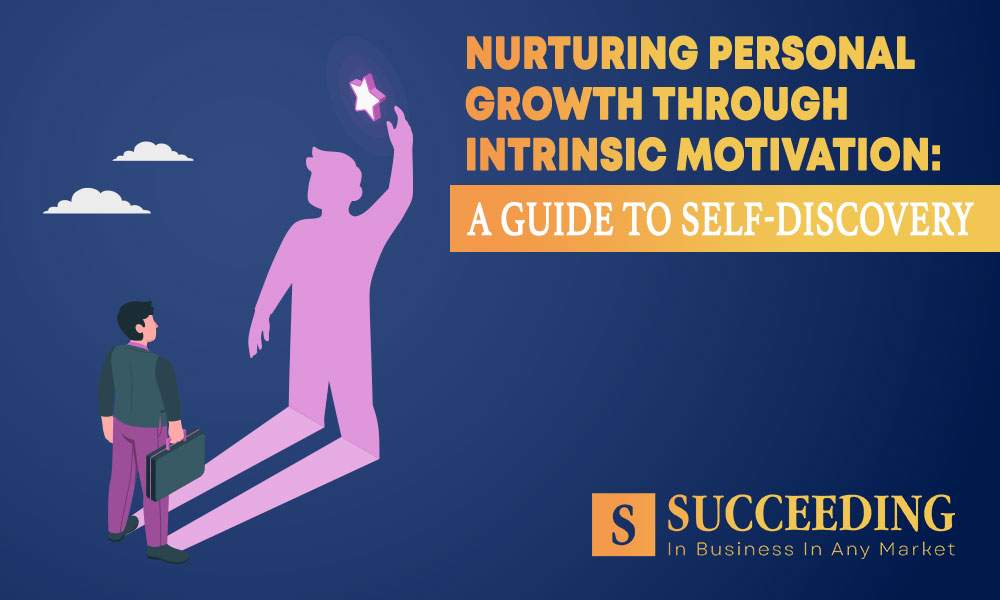Post Date: March 12, 2024

In the realm of sales, the ability to create a sense of urgency is often the key to unlocking success. Urgency can be a powerful motivator, driving customers to make decisions swiftly. This article explores the art of creating urgency in sales, examining its psychological impact and providing strategies for ethical implementation. Welcome to the world of the Urgency Close, where time becomes a catalyst for sales success.
Understanding the Power of Urgency in Sales
1.1 The Psychological Impact of Urgency:
Understanding the psychology behind urgency is crucial for sales professionals. The sense of urgency triggers a psychological response, compelling individuals to take immediate action. Studies have shown that urgency not only expedites decision-making but also creates a heightened emotional state, influencing the perceived value of an offer.
1.2 The Role of Urgency in Closing Deals:
In the context of sales, urgency often becomes the tipping point for closing deals. Whether it’s a limited-time offer, a time-sensitive discount, or a scarcity tactic, urgency serves as a persuasive element that nudges hesitant prospects towards making a purchase. Real-world scenarios will be explored to illustrate how urgency can be the catalyst for successful sales outcomes.
Strategies for Creating Urgency
2.1 Limited-Time Offers:
Limited-time offers are a classic strategy for infusing urgency into the sales process. Whether it’s a flash sale, a time-bound discount, or an exclusive promotion, the concept of scarcity of time creates a compelling reason for customers to act swiftly. We’ll delve into the effectiveness of limited-time offers and showcase examples of successful campaigns.
2.2 Scarcity Tactics:
Scarcity tactics involve highlighting the limited availability of a product or service. By creating a perception of scarcity, sales professionals can trigger a fear of missing out (FOMO) and drive demand. We’ll explore how scarcity tactics work and present case studies of businesses that effectively used scarcity to enhance urgency.
Communicating Urgency Ethically
3.1 Honest Communication:
While urgency is a powerful tool, it must be wielded ethically. Honest communication is paramount. This section will stress the importance of transparent communication in creating urgency. It will explore how misleading tactics can backfire, eroding trust, and provide guidelines for ethical communication to foster urgency.
3.2 Aligning Urgency with Customer Needs:
For urgency to be effective, it must align with genuine customer needs. The section will discuss how urgency should complement the value proposition rather than overshadow it. Real-world examples will be shared to demonstrate sales strategies where urgency was seamlessly integrated with customer benefits.
Overcoming Challenges in Implementing Urgency Close
4.1 Addressing Customer Skepticism:
Urgency-driven sales can sometimes face skepticism from customers who may perceive it as a sales gimmick. Strategies for addressing and overcoming customer skepticism through transparent communication will be explored. Success stories will highlight instances where businesses dispelled skepticism effectively.
4.2 Balancing Urgency and Relationship Building:
Maintaining a balance between creating urgency and building long-term customer relationships is essential. This section will discuss the delicate art of integrating urgency into relationship-building strategies. Examples will showcase businesses successfully incorporating urgency without jeopardizing customer relationships.

Conclusion:
Mastering the Urgency Close is an art that requires a nuanced understanding of human psychology and ethical communication. Creating urgency can be a catalyst for sales success, but the approach must be strategic, transparent, and aligned with customer needs.
Reflect on your own sales strategies and consider how you can ethically incorporate urgency into your approach. Share your experiences and insights into the challenges and successes of implementing urgency in sales with your peers and mentors.
FAQs:
Q1: Can urgency closes be effective in all types of sales, regardless of the product or service?
A1: Yes, urgency closes can be effective in various sales scenarios. While high-demand items or limited-time offers tend to benefit more, adaptation to the specific context is crucial. Understanding the customer’s mindset and needs is key to tailoring urgency closes effectively.
Q2: How can sales professionals create urgency without resorting to misleading tactics?
A2: Honest communication is essential. Clearly communicate the reasons for urgency, such as limited-time offers or scarcity, without resorting to misleading statements. Providing genuine value and aligning urgency with customer benefits is the key to ethical implementation.
Q3: Are urgency closes more suitable for one-time purchases or can they be applied to long-term contracts as well?
A3: Urgency closes can be applied to both one-time purchases and long-term contracts. In long-term agreements, urgency can be created by highlighting limited-time incentives or special offers for prompt decisions. However, the approach should align with the customer’s best interests and the nature of the relationship.






